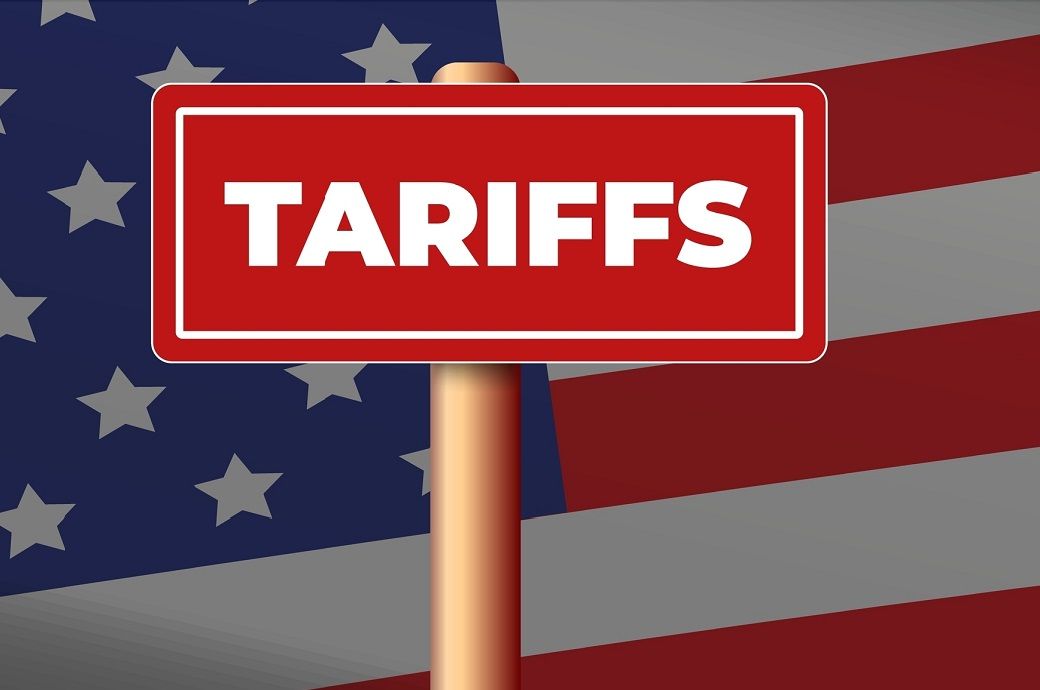
An unpredictable US trade policy will lead to a deterioration in global credit conditions and macroeconomic impact will slow growth with a growing possibility of recession, it noted.
“Non-financial corporate sectors are most at risk from tariffs. Low-rated, speculative-grade companies will be affected by their reliance on debt markets. Risks for most banks and sovereigns are indirect through economic weakness,” Moody’s Ratings said in a recent report on US tariffs.
US reciprocal tariffs will weaken credit conditions and raise defaults risks, especially for low-rated and speculative grade firms, Moody’s Ratings said.
An unpredictable US trade policy will lead to worsening global credit conditions and macroeconomic impact will slow growth with a growing possibility of recession, it noted.
Tariffs will significantly raise prices for US consumers and businesses.
“The tariffs have shocked financial markets and are raising the risk of a global economic recession. Continued uncertainty will impede business planning, stall investment and hit consumer confidence,” the rating agency said.
Though the ‘pause’” will offer businesses more time to adjust production and sourcing, the lack of clarity on the tariff regime after 90 days will impede business planning, stall investment and slow growth, it observed.
“… credit conditions have deteriorated sharply over the last month and our baseline scenario anticipates that defaults will be higher than previously expected as businesses are forced to adjust to the higher cost of doing business, more expensive and scarcer funding and persistent uncertainty,” it said.
Moody’s Ratings said tariffs will shave at least one percentage point from US growth and significantly raise prices for US consumers and businesses.
China’s export sector and overall economy face severe challenges from the escalating trade tensions with the United States and a slowing global economy, it noted.
“Even if the current escalation eases, US-China relations will remain contentious. This will weigh on business and consumer sentiment, posing a significant setback to the Chinese government’s ongoing efforts to boost consumption and encourage the private sector,” it added.
Fibre2Fashion News Desk (DS)




